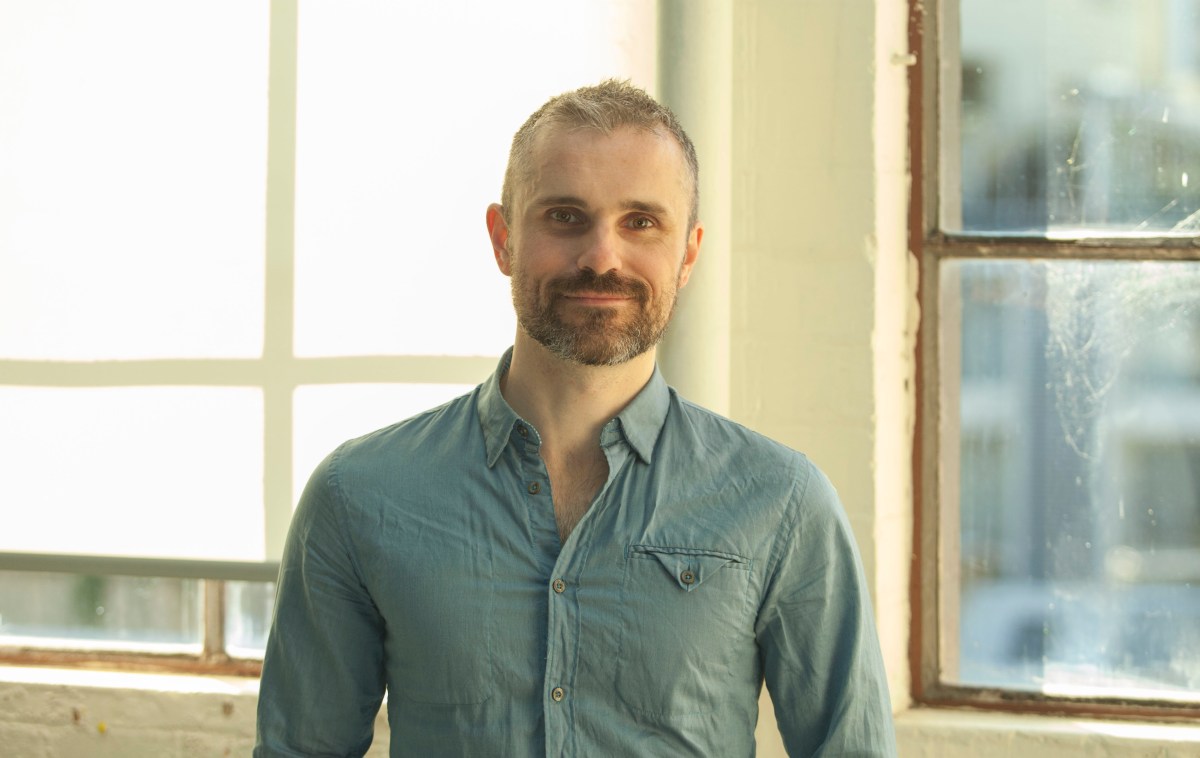Australian conductor Paul Fitzsimon has been Chorus Master at Opera Australia since 2019 and has worked as répétiteur and conductor with the company since 2012, most recently conducting performances of La Bohème at the Sydney Opera House in early 2022.
He was Assistant Conductor of the Melbourne Symphony Orchestra in 2008/09 and has conducted all of the symphony orchestras in Australia. In Europe he has conducted the Frankfurt Radio Symphony, Ensemble Intercontemporain in Paris and the Hamburg Ballet at the Baden Festival.
Highlights in recent years include conducting the national tours of The Marriage of Figaro, The Magic Flute and Madama Butterfly for Opera Australia, Dvořák’s Symphony no 7 with the Adelaide Symphony Orchestra, and a new production of Brian Howard’s Metamorphosis for Opera Australia in 2018.
Fitzsimon majored in piano performance at the University of Melbourne and later completed his orchestral conducting studies at the Universität der Künste in Berlin and through the Symphony Australia Conductor Development Program. He was the recipient of the Brian Stacey Award for Emerging Conductors in 2008.
In 2023 Fitzsimon will conduct Opera Australia’s Don Giovanni, Opera Australia’s Sydney WorldPride event Opera Up Late and Chorus! – the first ever showcase of the Opera Australia Chorus.
How would you describe what you do to your friends/parents?
I’m in charge of one of the best opera choruses in the world.
How did you get started in your career?
I originally studied as a pianist but found that conducting came more naturally to me, so I studied orchestral conducting in Berlin before moving to Sydney to join Opera Australia (OA).
How did you become a Chorus Master?
I had been working for OA for five years as a répétiteur and conductor when the Artistic Director offered me the job. Since I hadn’t already been in the role of Assistant Chorus Master, it was a very steep learning curve for me. I think I had to prepare six operas in the first month of the job, and then COVID hit.
What’s an average day or week like for you?
During a performance season the schedule is usually pretty hectic. Sometimes we’re rehearsing one opera musically, another one we’re rehearsing with the director either on stage or in a rehearsal room, and then in the evening we are performing a different opera. On top of that I conduct performances as well, and then there’s the admin on top of that, plus auditions etc, but I have a wonderful Chorus Manager as well as an exceptional Assistant Chorus Master to help me.
If you were interviewing someone to take over your job, what skills and qualities would you look for?
Excellent ears and musicianship, time management, strong leadership skills.
What’s the best thing happening in the choral sector at the moment?
I’m not sure about choral music, but the best place to visit for orchestral music and techno music is Berlin. I still love going there for holidays!
Do you have an all-time favourite choral work and, if so, can you tell us about it and why it’s your favourite?
Brahms’ [A German] Requiem is a stunningly beautiful piece of music that’s very close to my heart, as is Schoenberg’s Gurrelieder. I was very fortunate to sing in the chorus in both of these works when I was at university in Melbourne and the experience of being in that incredible sound has stayed with me.
Here’s a quote about a chorus master’s role: ‘The chorus master is the poor sod who has to rehearse the choir and bring them just to the peak of perfection, only to hand the songsters over to the conductor of the concert who then takes the credit for the fine job they’ve done on the night.’ What’s your response to this somewhat tart description?
Haha! A great conductor will always be able to add something to what is already there. One of my favourite rehearsals is when the new conductor comes in to rehearse the chorus by themselves, before we get on stage. I’ve learned many great and interesting things from other conductors and it’s rare that they would not bring something positive to the music.





